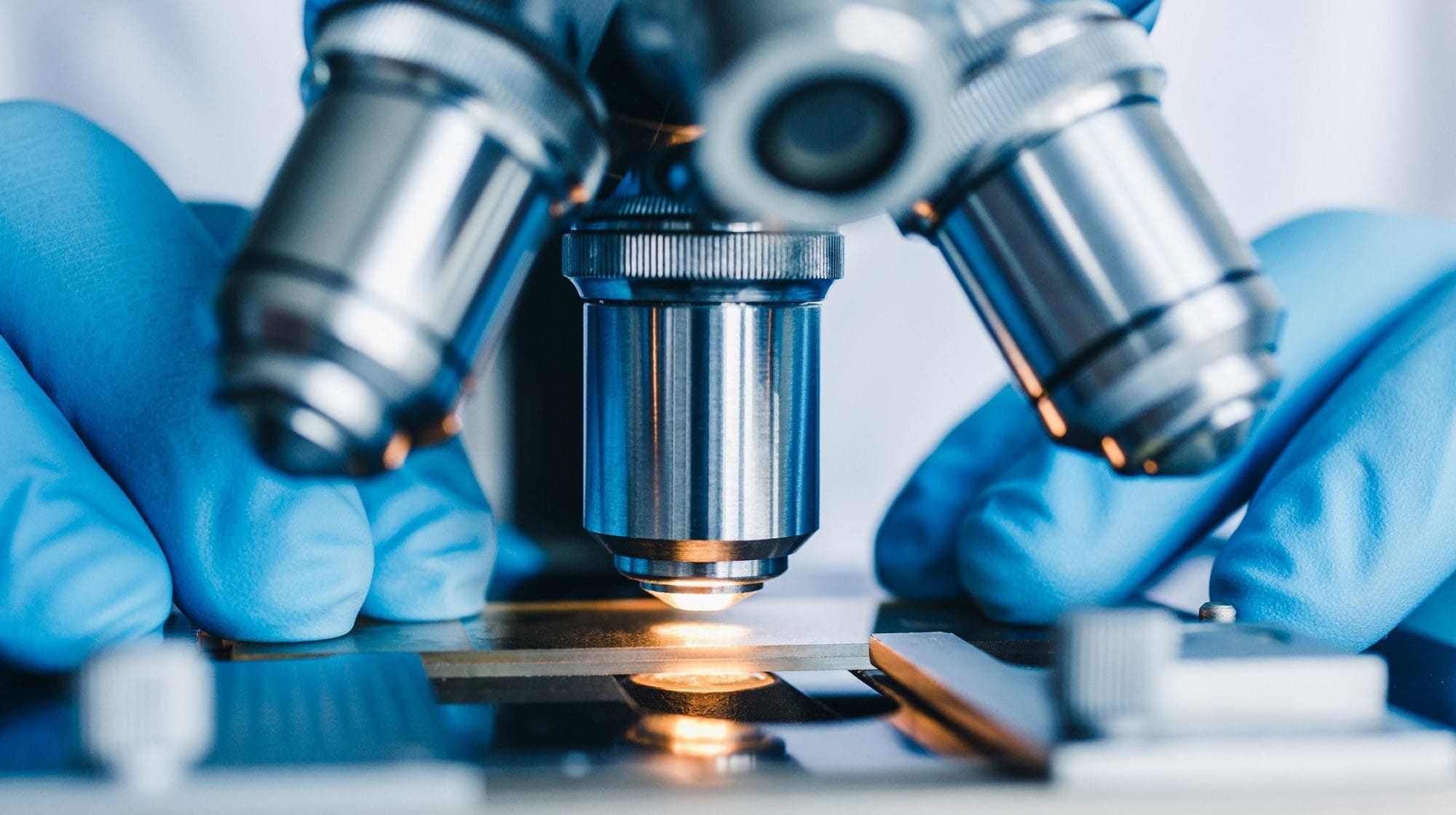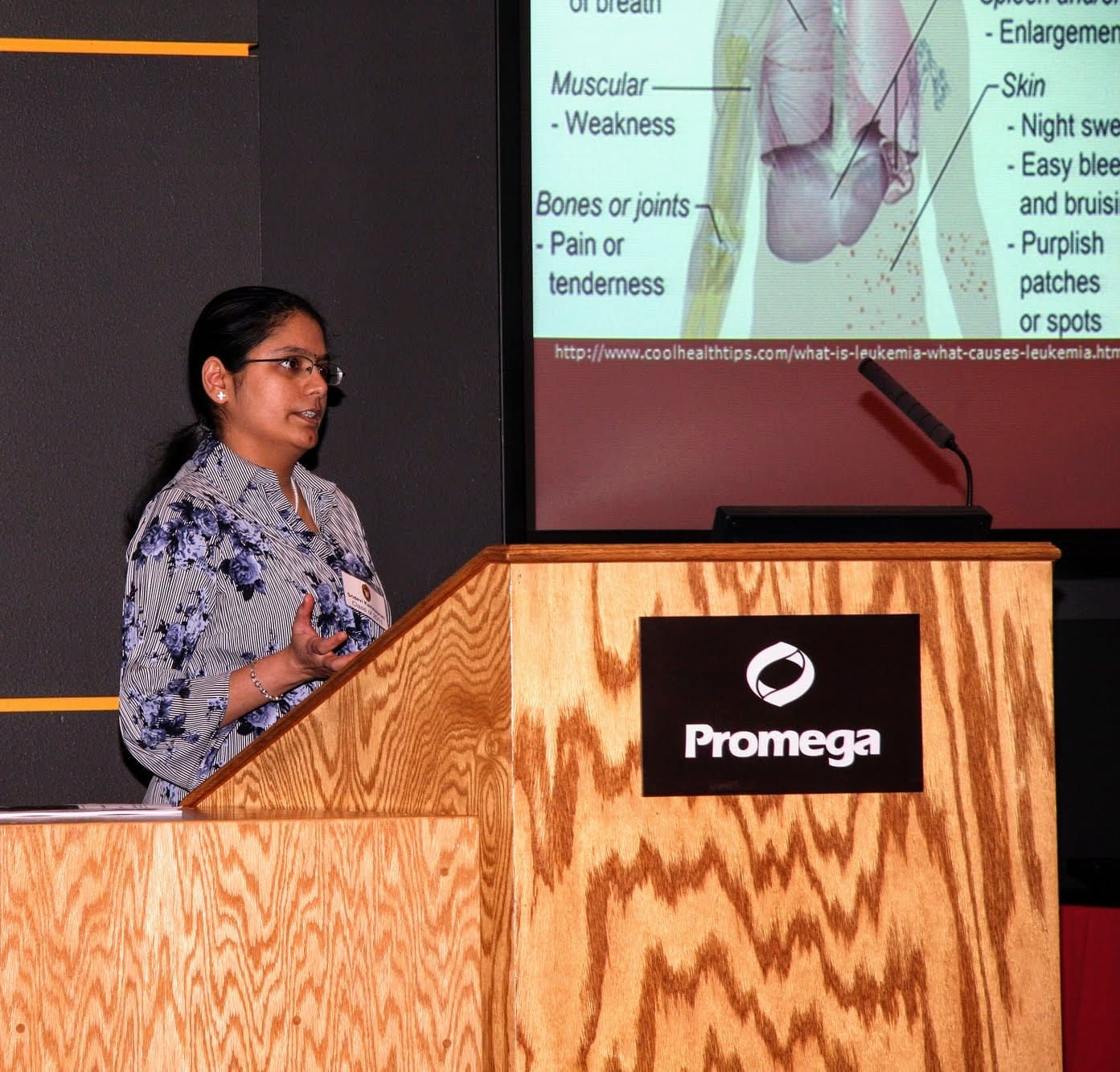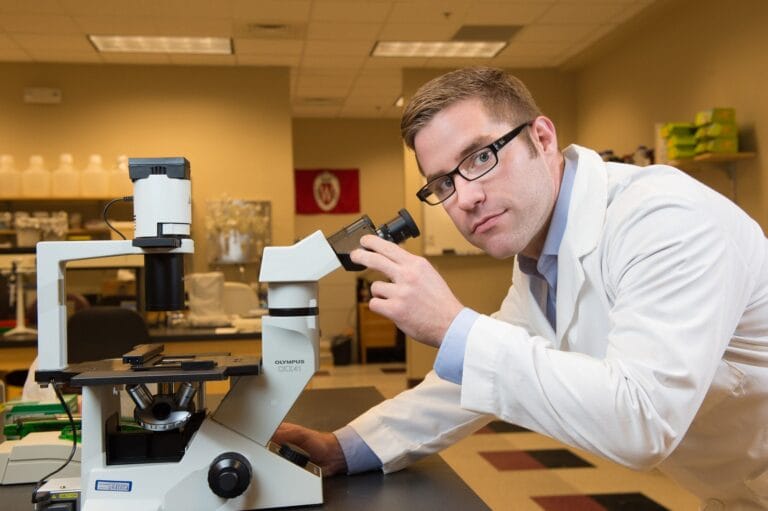
M.S. in Biotechnology prepares pharmacist for her industry’s future
Pharmacist Sridevi Kameswaran knows that biotechnology is the future of medicine. For more than a decade, she has watched biotech pharmaceuticals displace popular chemical-based drugs. Though the higher cost of biotech drugs can price them out of the market, she thinks the landscape is about to change. That’s why she enrolled in the University of Wisconsin–Madison’s Master of Science in Biotechnology Program.
The two-year program prepares students for roles in product development, technology-based entrepreneurship, and more through courses in business, science, and law.
“You don’t have to pursue a separate MBA or science program because it’s all combined. That was very valuable,” Kameswaran explains.
Hands-on learning, real-world applications
In addition to providing theoretical knowledge, the M.S. in Biotechnology Program stresses direct applications in the real world. Most students attend evening and weekend classes, then apply what they’re learning at full-time jobs during the week. While learning from UW–Madison faculty, industry regulators, and leaders of Madison-area biotech companies, students also gain knowledge from each other by working on group projects.

Kameswaran learned a great deal from classmates with experience in finance and the business side of the pharmaceutical market.
“I like that the instructors vary the groups and choose who you work with,” Kameswaran says. “The instructors make sure you get a good mix of individuals so that you learn from others with different life and career experiences.”
Coursework on molecular technologies and hands-on experiences in a biotech lab helped Kameswaran deepen her understanding of how biotech drugs work.
“I had primarily dealt with chemical-based drugs, but biotech is growing rapidly, so I felt it was important to know how biotech drugs act,” she explains. “I wanted to understand how chemistry is different from biotech, and I was fascinated with how biotech drugs work at a molecular level.”
Plus, Kameswaran gained valuable knowledge from courses in project management, commercialization pathways, and intellectual property. She can now analyze pharmaceutical problems from a business perspective and see how laws and regulations shape corporate decision-making.
“I can understand why pharmaceutical companies do what they do and why they do it in the manner they do,” she says.
Topnotch patient care
All of these new perspectives help Kameswaran be a better pharmacist. And the knowledge she’s gained helps her adapt to change. For instance, when new biotech products arrive at the Walmart pharmacy where she works, she often knows more about them than her colleagues.
“I understand how these medications act and what their side effects are. I can share this information with my colleagues, and they’re fascinated that I understand this. I don’t have to rely on a leaflet,” Kamaswaran explains.
Even more importantly, this knowledge helps her provide the best possible advice to patients.
“I understand the importance of sticking to a regimen of biotech pharmaceuticals, and I know what symptoms need to be reported. This means I can better explain these things to my patients,” she says.
Learn more about the Master of Science in Biotechnology Program. The program will accept applications for fall 2019 through May 1, 2019, or until the student cohort is full.



